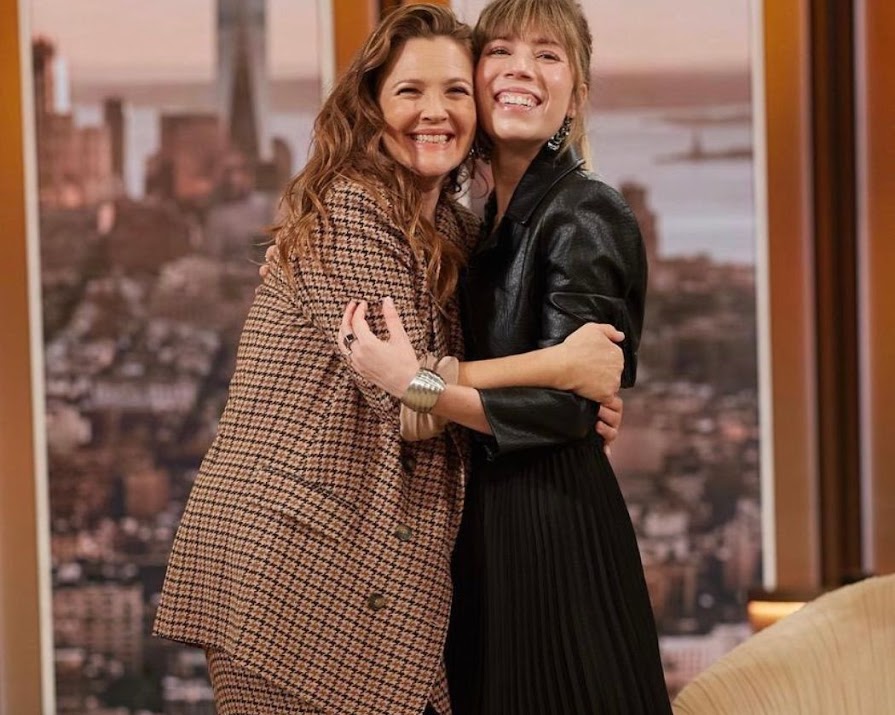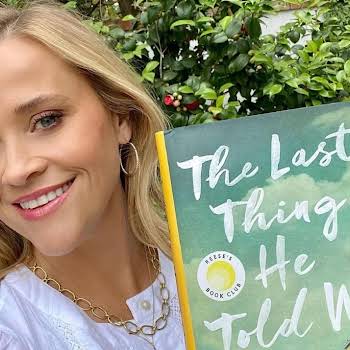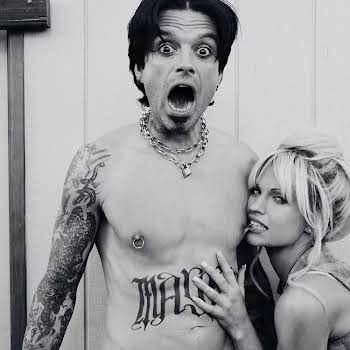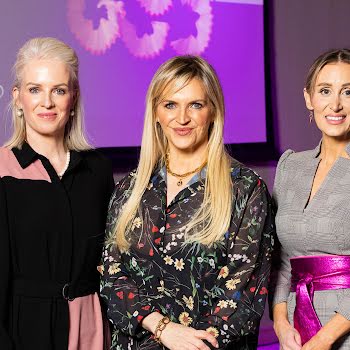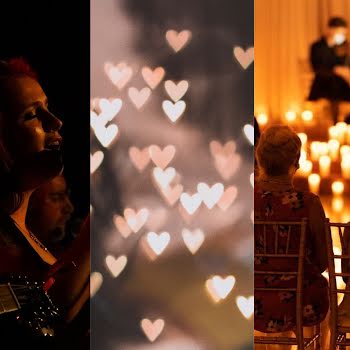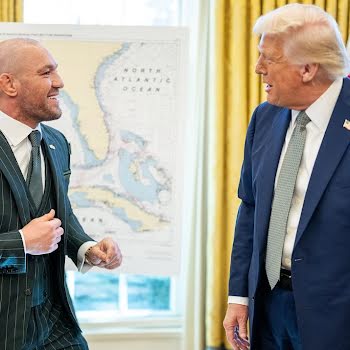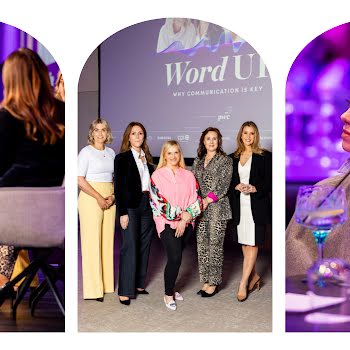Maisie Williams, Jennette McCurdy, Drew Barrymore and the plight of abusive parents
By Sarah Gill
30th Sep 2022
30th Sep 2022
Three women who rose to fame at an early age have spoken out about their traumatic childhoods, abusive parents, and the road to healing.
Though the experiences of Maisie Williams, Jennette McCurdy and Drew Barrymore bear a lot of similarities, there is one common thread that runs through their stories: it was only in hindsight that they realised that what was happening to them could actually be categorised as abuse.
In a recent episode of Steven Bartlett’s Diary of a CEO podcast, former Game of Thrones star Maisie Williams opened up about the early years of her life and the lasting impact it’s had on her long into adulthood.
Avoiding specific details out of respect for her siblings and family, Williams revealed, “I, as a young child before the age of eight, had a traumatic relationship with my dad… That really consumed a lot of my childhood. Ever since I can remember, I’ve really struggled sleeping. And I think a lot of the traumatic things that were happening, I didn’t realise that they were wrong.”
The actress recalls feeling a distinct lack of joy in her life, and has memories of seeing her peers playing in the schoolyard with reckless abandon, wondering why they couldn’t quite “understand this pain or dread or fear” that engulfed her.
She went on to tell Barlett that she was about four months old when her mother ‘escaped’ her father, but it wasn’t until she was eight years old that she found an open door to voice what had been happening. Asked by a teacher whether she had eaten breakfast, to which she responded that she had not, they began asking more of the right questions.
“I had so many people who loved and cared about me so much,” Williams said. “But I’d never been asked the right questions where I could really say what was wrong.”
She describes this exchange as a moment when “all of the doors were sort of open, and all of these things that we were experiencing were out on the table.” In her youthful innocence, Maisie had the compulsion to protect her father and family, and push the pain away as she tried to believe that “These things aren’t bad, and you’re trying to take me away from my dad, and that’s wrong.”
Williams describes her fathers behaviour as being “indoctrinated” into a “cult against [her] mother” to a point where her “whole world flipped on its head”. When asked how she feels about her father now, Williams says that she’s currently on a path to healing and is working to overcome any personal guilt that she might have felt for what had happened to her.
“It’s not because of me that these bad things happened when I was a child,” she said. “I felt there was something inherently wrong with me, or us, because we did lots of things wrong all the time, which is why you’d be mistreated… Especially because it was a parent, and they’re supposed to like you.”
Those same feelings of denial were echoed and exemplified further during a recent conversation between Drew Barrymore and Jennette McCurdy on The Drew Barrymore Show which saw the pair engage in an extremely candid discussion as they drew parallels between their childhood traumas.
In her newly released New York Times bestselling memoir I’m Glad My Mom Died, Jennette McCurdy details the inappropriate behaviour exhibited on set by a man referred to as ‘The Creator’ during her years as a teenage Nickelodeon star, and of the manipulation and abuse she suffered at the hands of her own mother.
During the course of their conversation, Jennette’s honesty and bravery prompt an aha moment in Drew. “This protectiveness I feel,” she explains, “It’s like I don’t want to paint her negatively, I don’t want people to think of her negatively, but the truth is tough stuff.”
It is widely known that by the time Barrymore was 15 years of age, she had done an 18-month stint in a psychiatric hospital, gone to rehab, and become legally emancipated from her mother. In an episode of The Drew Barrymore Show from last year in conversation with Oliver Hudson, the actress opened up about her relationship with her own mother, Jaid Barrymore.
“My mom was the same, her family was not there,” she said at the time, before revealing that they had mended bridges in their relationship. “She was estranged and then we repeated that pattern … There’s just some peace and respect and maturity there that could not have taken place maybe before. Timing is everything.”
In conversation with Howard Stern a month prior to that, Barrymore spoke about her mother’s decision to send her to a psychiatric ward at 13 years of age. “I think she created a monster and she didn’t know what to do with the monster,” she said of her mom. “This was her last gasp, and I really was out of control, and I forgive her for making this choice. She probably felt she had nowhere to turn … I feel goodness toward my mom. I feel empathy and understanding.”
In response to Barrymore’s revelation of feeling a protectiveness for her abuser, Jennette McCurdy says, “It took me a long time to admit that mom wasn’t perfect, let alone abusive. It went in baby steps to put the pieces of the puzzle together and recognise the reality of the pain I’ve suppressed for decades.”
Recalling the bluntness with which a therapist had said, “What you’re expressing is abuse, are you aware of that?”, McCurdy is open about the time it has taken to get to where she is today.
Jennette recalls cheering her mother on at the age of six as she chased her father around the kitchen with a knife, and Drew counters with a memory of coming home with her mother to find that her dad had ransacked the house, having broken everything, and feeling rational with his incapabilities.
Child stars dealing with unimaginable levels of trauma and suffering behind the scenes, the three women’s candour and vulnerability will doubtlessly help so many come to terms with their own traumas and realise that what they’ve experienced could, actually, be defined as abuse.











